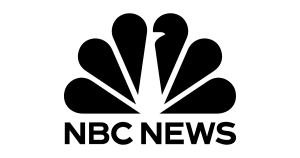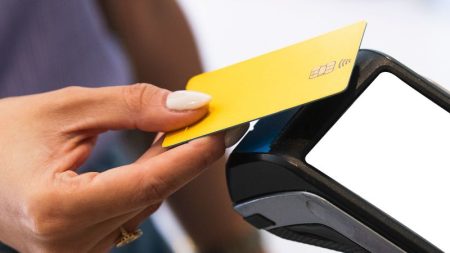TikTok has filed a lawsuit to block a US law that could lead to a nationwide ban of the popular app, asserting that the law is unconstitutional as it restricts Americans’ speech and access to information. The court challenge sets the stage for a legal battle to determine whether US security concerns about TikTok’s connections to China override the First Amendment rights of its 170 million American users. The stakes are high for TikTok, as losing the case could result in a ban unless its Chinese parent company, ByteDance, sells the app to a non-Chinese entity by mid-January 2025.
The lawsuit follows years of allegations that TikTok’s ties to China may expose Americans’ personal information to the Chinese government. TikTok has denied giving Chinese officials access to US user data and has taken steps to protect the information by storing it on US-owned servers. Despite these measures, US officials remain concerned that China could use TikTok’s data for intelligence targeting, spreading propaganda, or other covert activities. The US government has not presented concrete evidence of Chinese government access to TikTok data, but lawmakers have received classified briefings on the matter.
Legislation passed in March gave TikTok six months to sell or face a ban, with policymakers framing it as a divestiture rather than an outright ban. TikTok maintains that a ban is the probable outcome if the law is upheld, as it would be challenging to meet the requirements of the legislation for continued operation in the US. The law’s swift passage is seen as relying more on speculation than concrete evidence to support national security concerns around TikTok, raising questions about the validity of such legislation.
First Amendment scholars argue that national security claims should not override First Amendment rights, citing precedent that the US government cannot prohibit the flow of foreign propaganda to Americans. TikTok’s legal challenges to the US law aim to protect both its users’ speech rights and the rights of platforms like Apple and Google, which would potentially be restricted from carrying TikTok if a ban were implemented. The outcome of the case is expected to have significant implications for how the US government handles foreign technology platforms and speech.
The bipartisan support for the law signed by President Biden indicates the seriousness of national security concerns around TikTok, but without a public discussion of the specific risks involved, there are questions about the law’s validity. The case highlights the broader implications for regulating foreign platforms in a globalized world, where government intervention in online spaces could set concerning precedents. The outcome of the lawsuit will have lasting consequences for technology regulation and foreign speech in the US, shaping how the government handles similar issues in the future.















